Having worked pitch side supporting a National League Men's Hockey Team I have seen first hand the frustration associated with injury recovery time. Soft tissue injuries are the most common injuries in sport, can be difficult to heal and often reoccur. Knowing how to help prevent them is key to staying healthy and active.
Your soft tissues support, connect and surround your bones and internal organs, and include muscles, tendons, ligaments, fat, skin and blood vessels. The most common soft tissue injuries occur in the muscles, tendons and ligaments. Injuries such as hamstring strains, tennis elbow or ankle sprains. These afflictions often happen while exercising or playing sports, although sometimes they occur from unknown incidents.
Soft tissue injuries are generally traumatic or repetitive. While traumatic injuries are the most dramatic, repetitive injuries are more common. Repetitive soft tissue injuries occur when a tissue undergoes more damage than it can heal from over a period of time, the cause of all repetitive soft tissue injuries is simply doing too much, too soon."
To prevent a repetitive injury then, you need to take a measured approach to exercise and sports. It is important to acclimatise your body slowly to a given activity. Don't increase your workout volume more than 10% per week. And every four to eight weeks, give your body a rest by significantly reducing the volume and intensity of your workouts. This 'three steps forward, one step back' approach requires discipline and isn't always fun but it's the best way to make your body more resilient and durable."
Cross-training is another good idea, as your body's soft tissues are working in different ways or even resting when you bike versus, swim or play tennis, it's an easy preventive measure.
Avoiding soft tissue injuries isn't necessarily all about training, however, research suggests major changes in your environment may affect your risk of injury, too, if you get less than seven hours of sleep at night for more than two weeks, your risk of musculoskeletal injury rises 1.7 times, so eat well, get plenty of sleep and perhaps skip tough workouts when your stress levels are high.
Warm-ups, a post-workout stretches are useful but developing a strong core is also important. If the muscles in your core aren't strong enough to withstand hours of training, their strength will go down, then the stability of the spine will go down, and then your nerves and soft tissues will be irritated. Core exercises such as the plank are good however these exercises have to be performed properly, or ironically, they could cause a soft issue injury. So consult with a professional before doing them on your own to ensure proper form. This could be your Osteopath, Personal Trainer or class instructor.
Take any injuries seriously
If you do get injured despite your best precautions, take it seriously. More often than not, the pain just gets worse and worse until it hurts badly enough that the person simply can't train due to the pain. Instead of ignoring that muscle or ligament strain, see a qualified health care provider and expect to spend a few weeks to a month or more recovering, depending on the severity of the injury, your age and other factors. Most importantly, complete your entire rehabilitation process so another injury doesn't occur, no stopping the minute you start feeling a little better.
If you would like an assessment of your soft tissue injury and rehabilitation advice please feel free to book online for an Osteopathy appointment or call 07485 632504 for advice.
#osteopathyworks

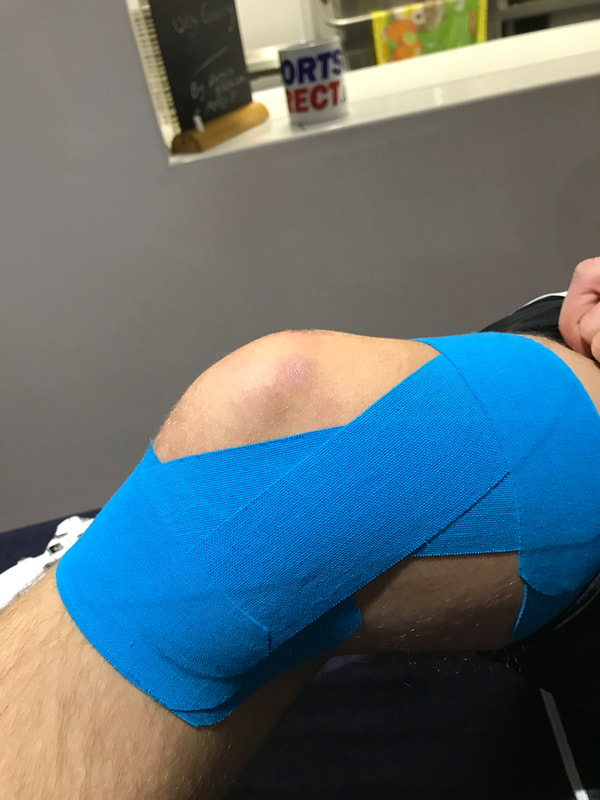
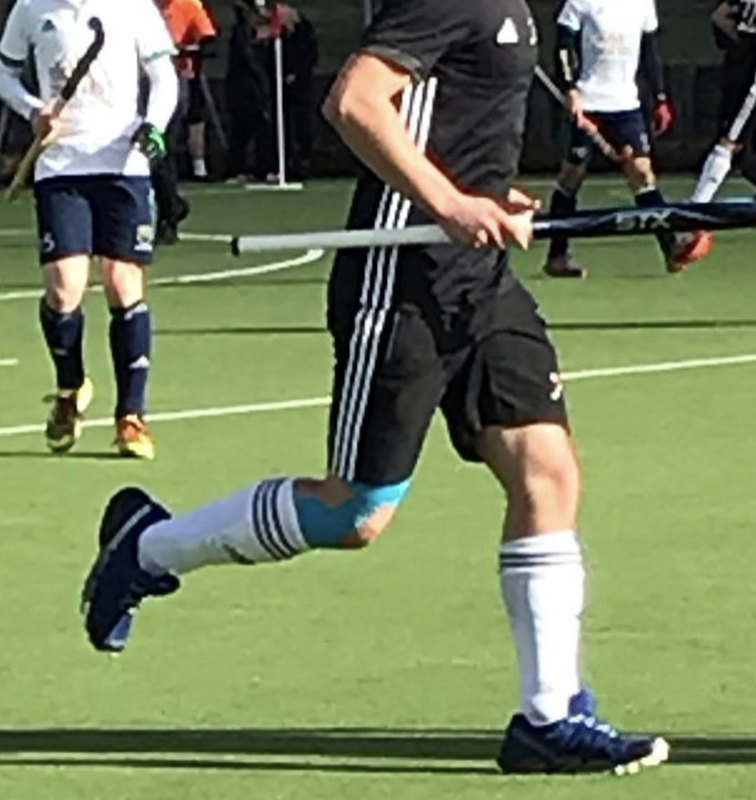
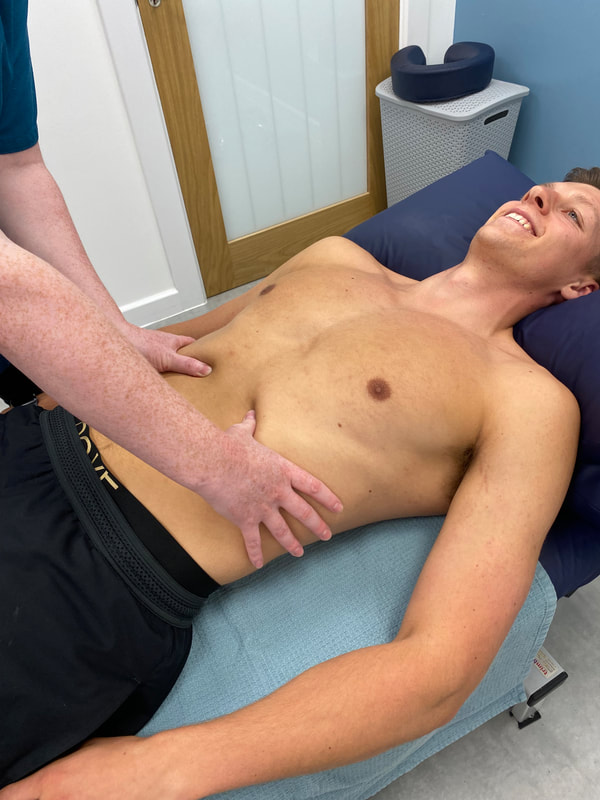





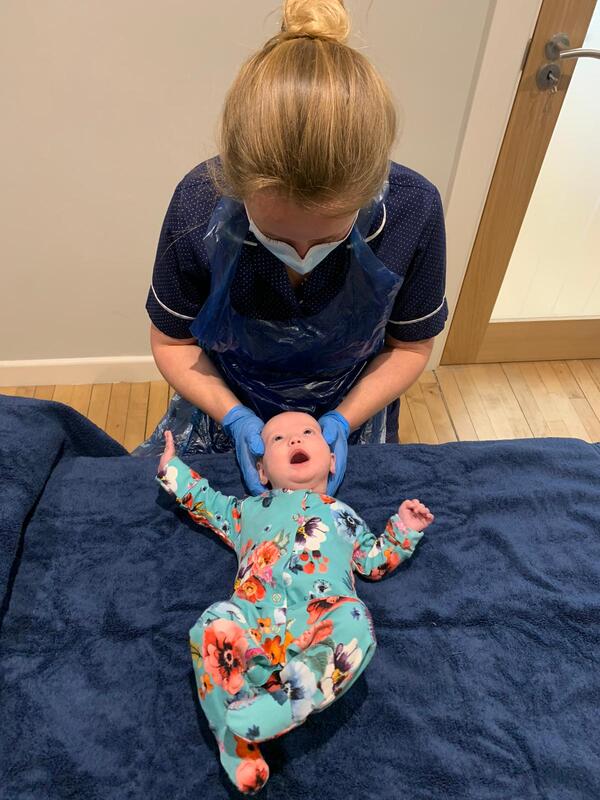

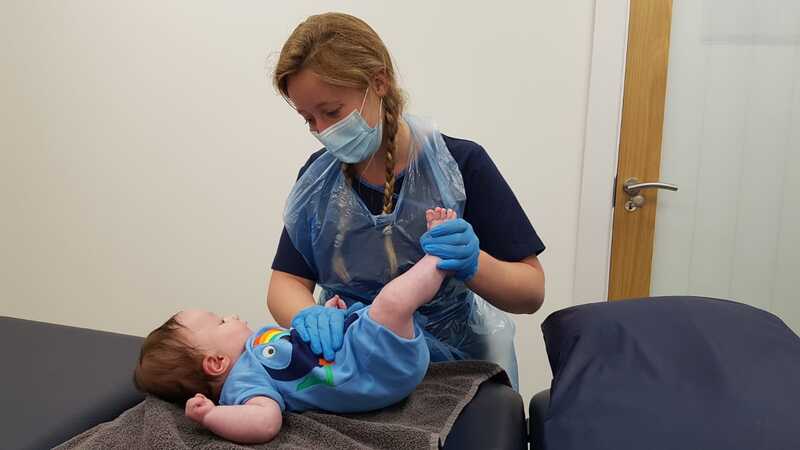
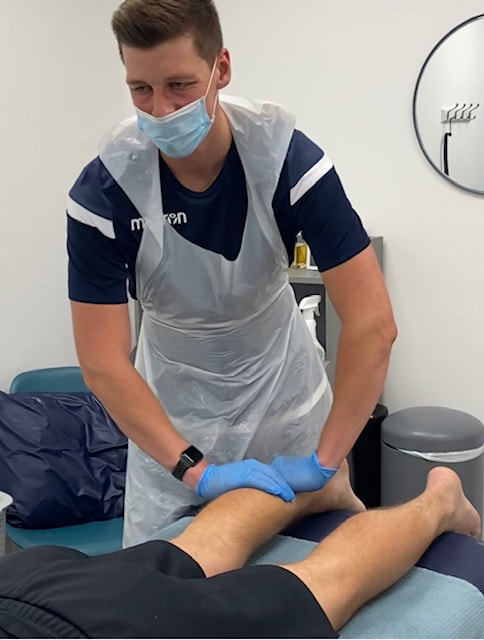

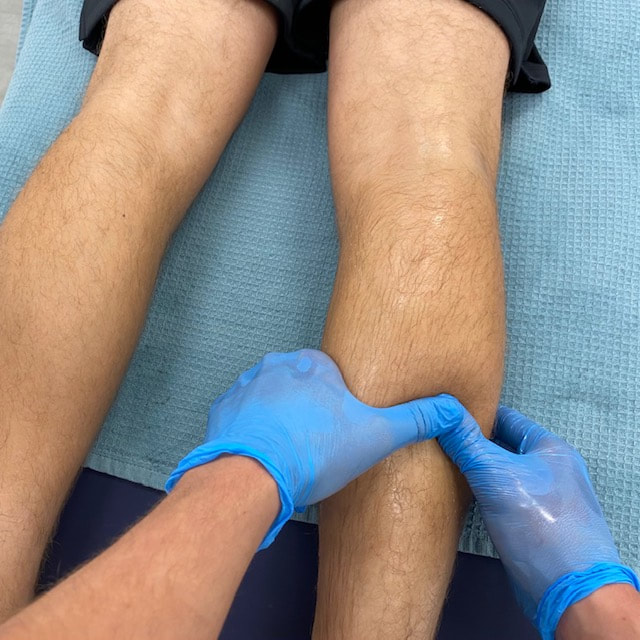

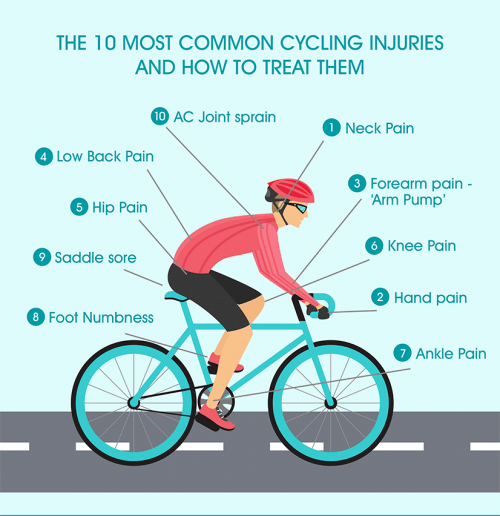

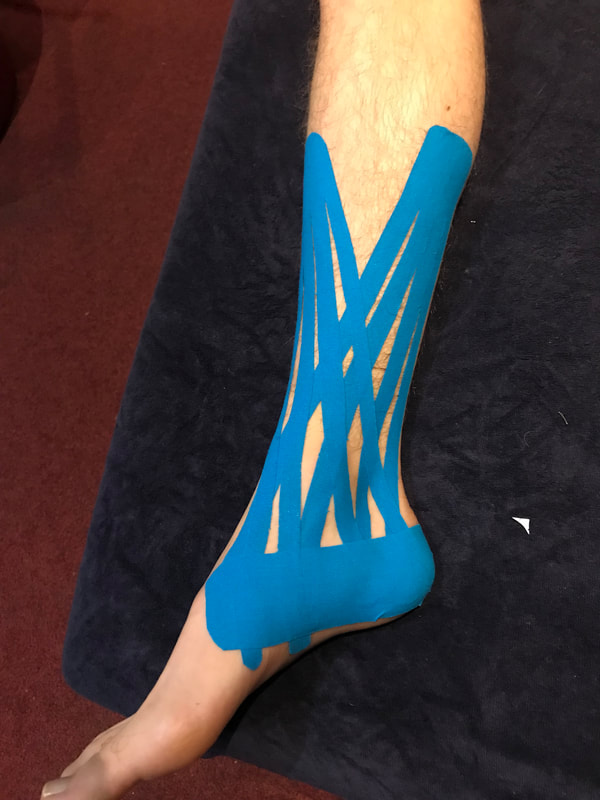






 RSS Feed
RSS Feed